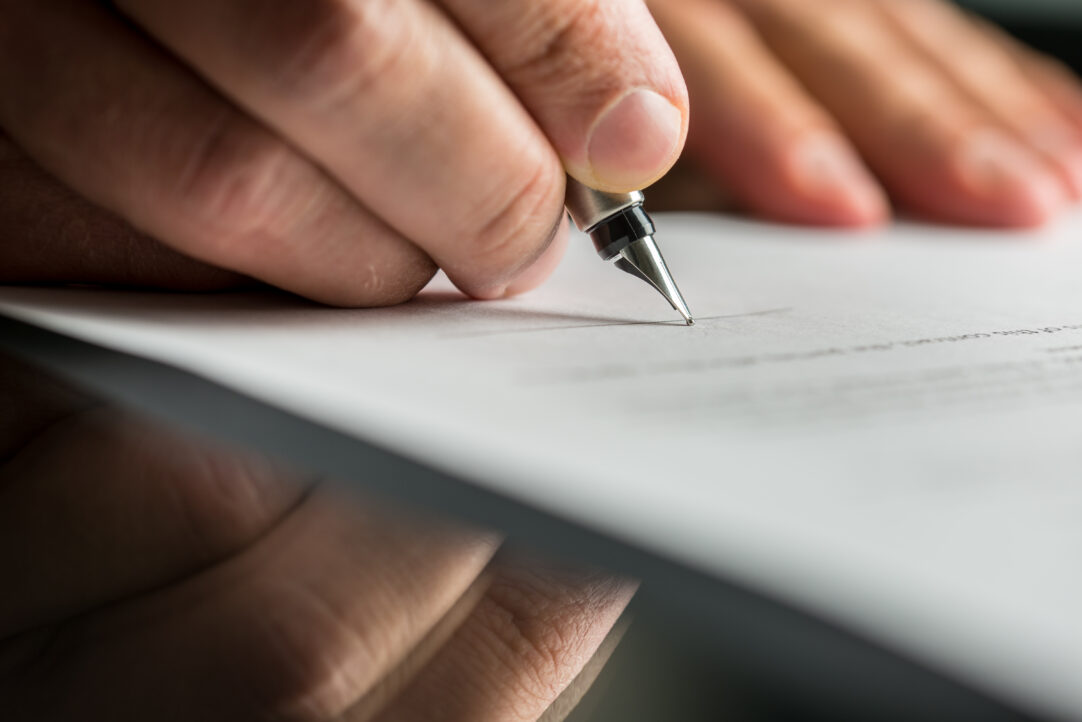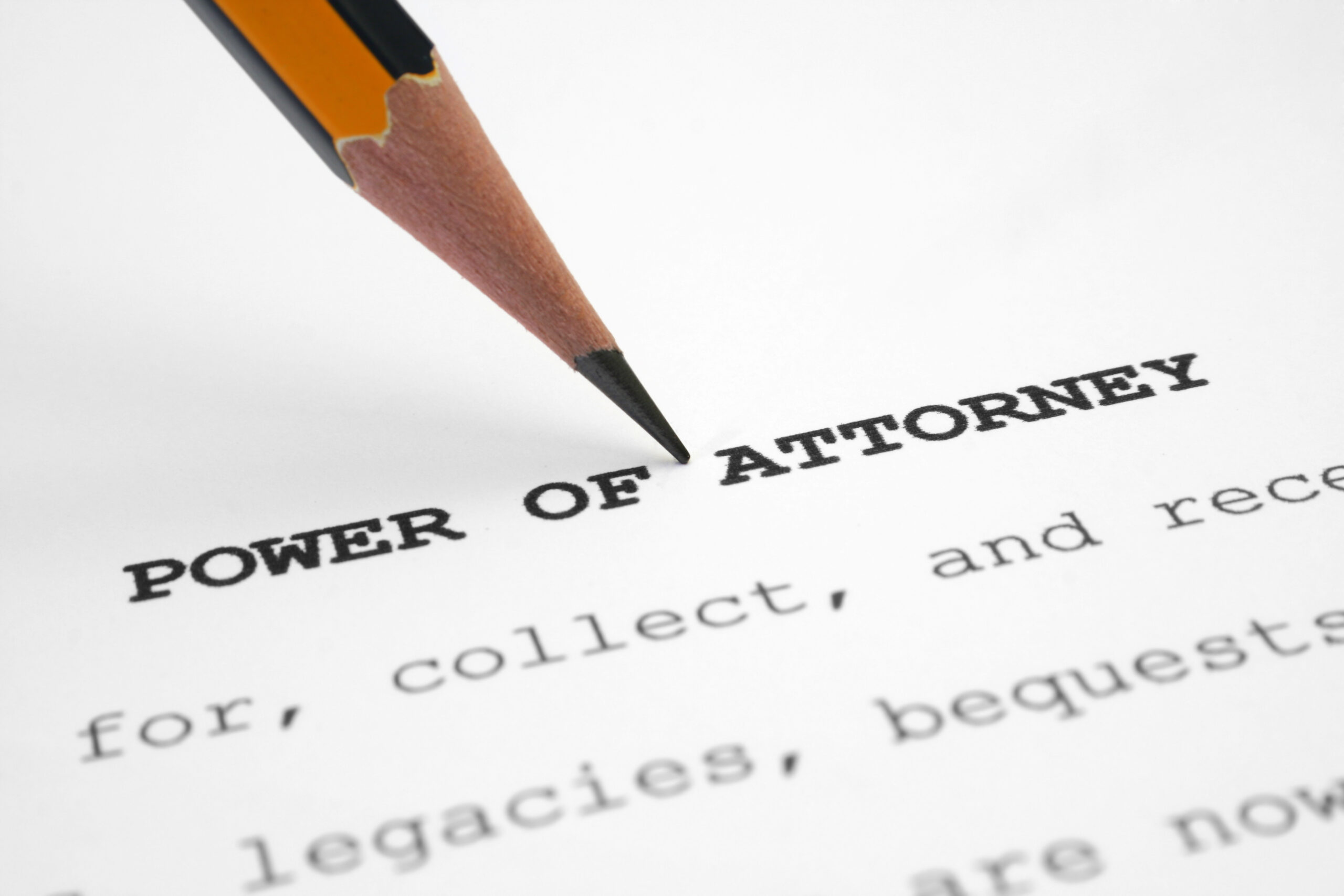Common Misconceptions Private Client Solicitors Often Hear

Our private client solicitors constantly hear misconceptions regarding personal legal matters like Wills and Lasting Powers of Attorney.
Many people avoid going to see a solicitor because they assume they do not need the advice or that the law will not allow for their individual circumstances. That is not always the case, as the common misconceptions outlined below will demonstrate.
“We have been together many years and have a common law marriage”
There is no such thing as a common law marriage under the laws of England and Wales. If you don’t have a Will and are not married to your partner and you die, it means that your partner may not be entitled to anything from your estate (your estate is, in simple terms, everything you own, including your share of any joint assets, net of any liabilities such as credit cards).
In order to demonstrate entitlement to assets in your estate, your partner may have to go through a long winded and expensive litigation process. This would be all at a very distressing and difficult time.
Also, it is worth noting that if you are not married and you have a Will leaving everything to your partner, they may end up with an Inheritance Tax liability from your estate.
“I don’t need to make a Lasting Power of Attorney now. I am fine!”
A Lasting Power of Attorney is a document which can either appoint someone to act for you in dealing with your property and finances or in dealing with decisions to do with your health and care. The time when you need a Lasting Power of Attorney (“LPA”) is usually when it becomes too late to make one. The best analogy for LPAs is that they are like insurance policies.
You have them arranged and ready to go just in case something happens. When you are well and able to make the document is exactly when you should be making one. If you don’t have the mental capacity to make the document then you cannot control who will be looking after your money if the Court is needed to appoint someone.
It’s worth remembering that anyone can suffer a stroke or accident at any age which can affect their mental and physical capacity.
“I don’t need a Will as I have written down my wishes on a note. I don’t need to talk to a Solicitor.”
The law of Intestacy applies when someone does not have a Will. This means that certain people in your family benefit from your estate in a certain order. If you are separated from your spouse, you may not want them inherit something from you – but if you don’t have a Will, they will do, potentially meaning your children might not get anything (depending on the value of your assets). Also, you may be estranged from a child or children. In the same way, they may automatically inherit if you don’t have a legally binding Will written down.
A Will needs to comply with the law under the Wills Act 1837. Just writing a note might make you feel like your wishes have been recorded but unless it complies with the law it won’t be valid and your Estate might not go to your intended beneficiaries.
“Solicitors are so expensive and stuffy. I would rather go to a Will writer, they’re cheaper…”
Anyone can set themselves up as a Will writer. Many are not regulated. So what happens when something goes wrong? Firstly, solicitors must be regulated by the Solicitors Regulation Authority and have a whole raft of rules to follow to ensure that you, the client, are protected.
Talking to a Solicitor can seem like a big step to take if you’ve never done so before, but they are properly trained for the job with professional qualifications so will provide you with the best advice and they are fully insured under professional indemnity insurance, so that you know that if something does go wrong, you are covered.
It is important to note that not all people who write Wills have the same level of training or the insurance to ensure you are covered or that you are getting the best advice for your needs. For more, read our will writing FAQs page.
Our team specialise in the writing of Wills, handling all aspects of Probate, and drafting and registering Powers of Attorney. If you require legal advice in regards to any of the above, don’t hesitate to contact us on 0800 2800 421.














